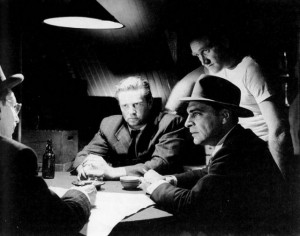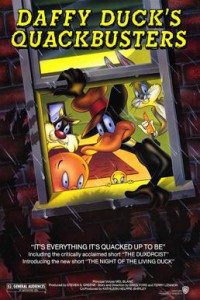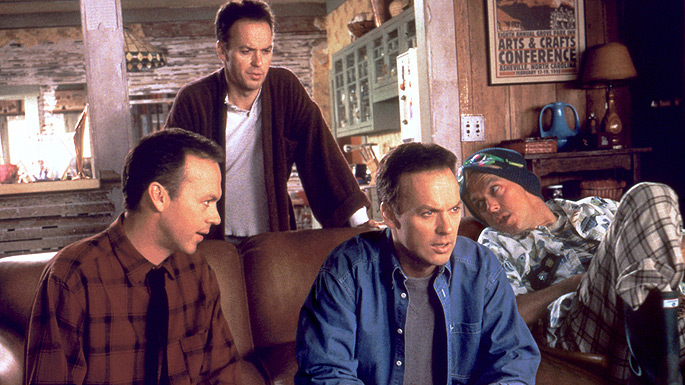Written for the catalogue of Il Cinema Ritrovato in Bologna (June-July 2017). — J.R.

It might be excessive to claim that The Asphalt Jungle (1950) invented the heist thriller (also known as the caper film), but at the very least one could say that it provided the blueprint for the most successful examples of that subgenre that would follow it, including (among others) The Lavender Hill Mob (1951), Rififi (1955), The Killing (1956), Seven Thieves (1960), The Thomas Crown Affair (1968), and Reservoir Dogs (1992) — not to mention such parody versions as Big Deal on Madonna Street (1958) and most of the latter films of Jean-Pierre Melville, including Bob le flambeur (1956), Le deuxième souffle, (1966), and Le cercle rouge (1970). Indeed, The Asphalt Jungle was regarded as such a master text by Melville that one isn’t surprised to find over a dozen references to it in Ginette Vincendeau’s book about him. According to Geoffrey O’Brien, Melville once “declared that…there were precisely nineteen possible dramatic variants on the relations between cops and crooks, and that all nineteen were to be found in [John Huston’s masterpiece].”
In short, the reverberations in this MGM A-feature are multiple, although that doesn’t prevent it from still seeming fresh today. Read more
From the Boston Phoenix (September 15, 1989). — J.R.

Recyclings of Hollywood history are very much with us, but this postmodernist conflation of seven vintage Chuck Jones cartoons, one each by Friz Freleng (Hyde and Go Tweet) and Robert McKimson (Prize Pest), and with 60 percent new animated material masterminded by Greg Ford and Terry Lennon, succeeds where such previous compilations as Bugs Bunny, Superstar and Daffy Duck’s Movie fail. In an attempt to revive the long-dormant Warners cartoon tradition, Ford and Lennon wrote two new Daffy Duck cartoons, Night of the Living Duck and Duxorcist. Drawing on the currently popular horror genre, they expand these two with vintage Warners cartoons deftly woven together. And so, in lieu of Ghostbusters, they offer Quackbusters.

The new material suggests they may have been a little anxious about tampering with the sacred Warners animation vaults. Daffy inherits the fortune of millionaire I.B. Cubish and starts a ghostbuster business, hiring Bugs Bunny and Porky Pig as “associates” (read: “dupes”) to carry out all the dirty work, with Porky’s cat Sylvester brought along as an office pet. But Cubish’s ghost expects Daffy to be an honest businessman (businessduck?) and public benefactor, so every time Daffy displays unethical, venal behavior, the cash in his Acme safe dwindles. Read more
From the Chicago Reader (July 19, 1996). — J.R.



Special Effects
Rating * Has redeeming facet
Directed by Ben Burtt
Written by Susanne Simpson, Burtt, and Tom Friedman
Narrated by John Lithgow.
Multiplicity
Rating * Has redeeming facet
Directed by Harold Ramis
Written by Ramis, Chris Miller, Mary Hale, Lowell Ganz, and Babaloo Mandel
With Michael Keaton, Andie MacDowell, and Harris Yulin.
The Frighteners
Rating — Worthless
Directed by Peter Jackson
Written by Fran Walsh and Jackson
With Michael J. Fox, Trini Alvarado, Peter Dobson, John Astin, Jeffrey Combs, Dee Wallace Stone, and R. Lee Ermey.
The Nutty Professor
Rating ** Worth seeing
Directed by Tom Shadyac
Written by David Sheffield, Barry W. Blaustein, Shadyac, and Steve Oedekerk
With Eddie Murphy, Jada Pinkett, James Coburn, Larry Miller, Dave Chappelle, and John Ales.
Looking around at the big summer movies, I see reason to assume that the state of the art of film art now equals the state of the art of special effects. The belief in capitalist growth as spiritual progress that permeates this culture seems to have been given particular currency: as film technology becomes more and more sophisticated, the art of film can only rise accordingly.
But does the development of morphing automatically make the Eddie Murphy Nutty Professor more artistic than the Jerry Lewis Nutty Professor (1963)? Read more






